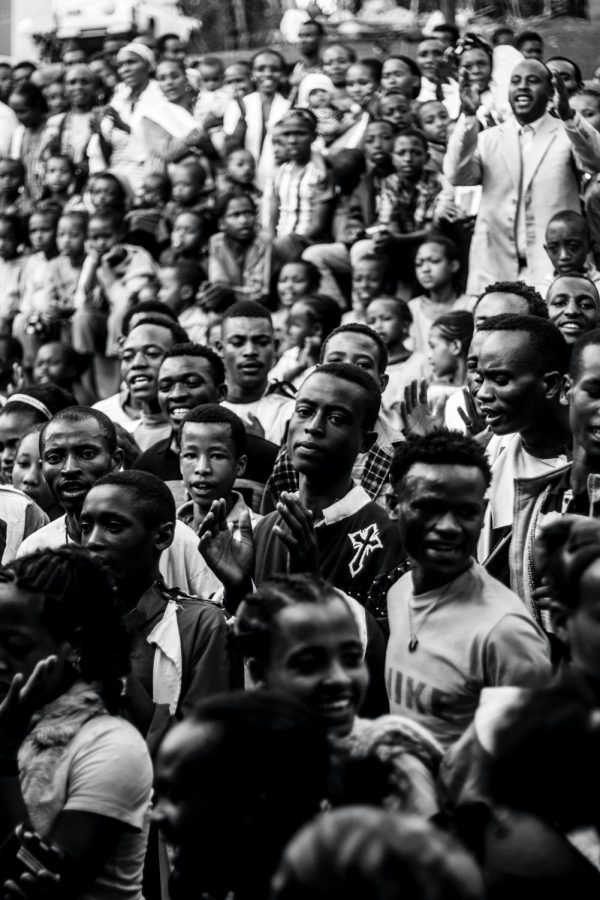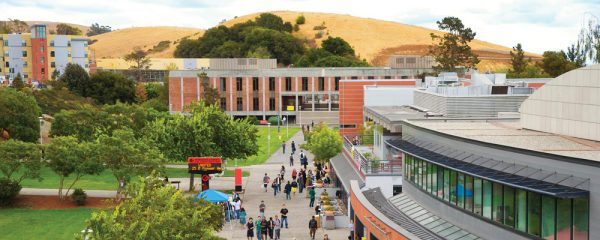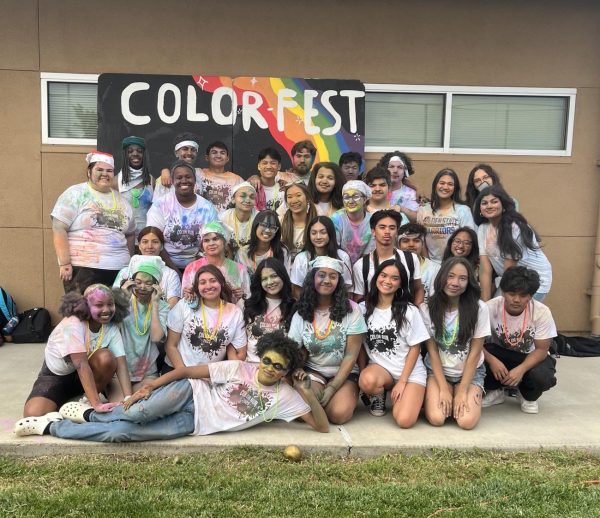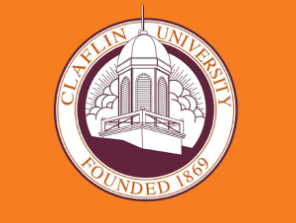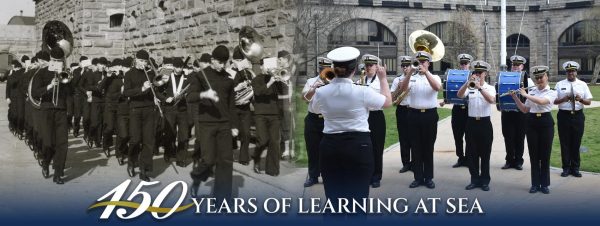HBCU Week offers a virtual experience
Members of the Black community have been supporting each other for generations.
Historically Black Colleges and Universities, or HBCUs, started hosting their annual HBCU week in 1980, but this will be the first time it has been virtual. HBCU Week is a time to celebrate the success of the HBCUs in their drive to educate the Black community. National HBCU Week will be held from September 20 – 26. Most HBCUs were established is the South after the American Civil War with the help of religious missionary organizations. There are about 107 HBCUs operating today, including Howard University, Tuskegee University, Spelman College, and Morehouse College. Spelman is an all-women’s college while Morehouse only admits men.
In order to qualify to attend an HBCU, potential candidates must be able to pay their debts based on financial analysis, collateral for the loan it seeks, and meeting loan and bond covenants. There are, as with most colleges, grade requirements and extracurricular that are considered, but race is not a qualifying criteria. Most HBCUs have traditionally celebrated this festive week with cookouts, parades, and speeches honoring historical black figures that paved the way for the African-American community. This year’s theme, The Perfect Decade to Accelerate HBCU Competitiveness, accents the positive message that the conference intends to share.
Those who attend will benefit from an array of virtual partners including Amazon Web Services Academy, the FDA and the National Endowment for the Arts. The virtual conference will run from Monday through Friday, although many of the events hosted at the colleges will take place on Sunday and Saturday as well. Click here for more
information about the conference itself: https://sites.ed.gov/whhbcu/hbcu-week- conference/ HBCUs were originally developed to help educate the African-American community after slavery and the Civil War. The number of total students that have enrolled at these prestigious schools has rose by 32% between 1976 and 2015, with 223,000 to 293,000 enrolled students since 1976. Statistics The first HBCU was Cheyney University of Pennsylvania., which is now the #1 university in Pennsylvania with the highest acceptance rate, according to cheyney.edu.
Cheyney is also ranked #1 as the Best Public HBCU for college scholarships. Many of the most lauded members of the African-American community have been students at HBCUs. Booker T. Washington (Hampton), Langston Hughes (Lincoln and Columbia), Alice Walker (Spelman), George Washington Carver (Simpson) and Martin Luther King Jr. (Morehouse)have benefited from the HBCU experience and paved the way for the black community through education, entertainment, science and civil rights. National HBCU Week is a chance to celebrate the gains of the past and the goals of the future. It is all about success.
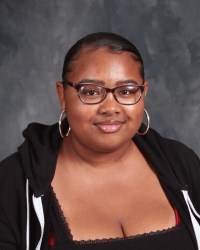
Amelia Jiles is a staff writer. Her responsibilities are to write stories for The Armijo Signal, the high school newspaper. She chose journalism as her...
